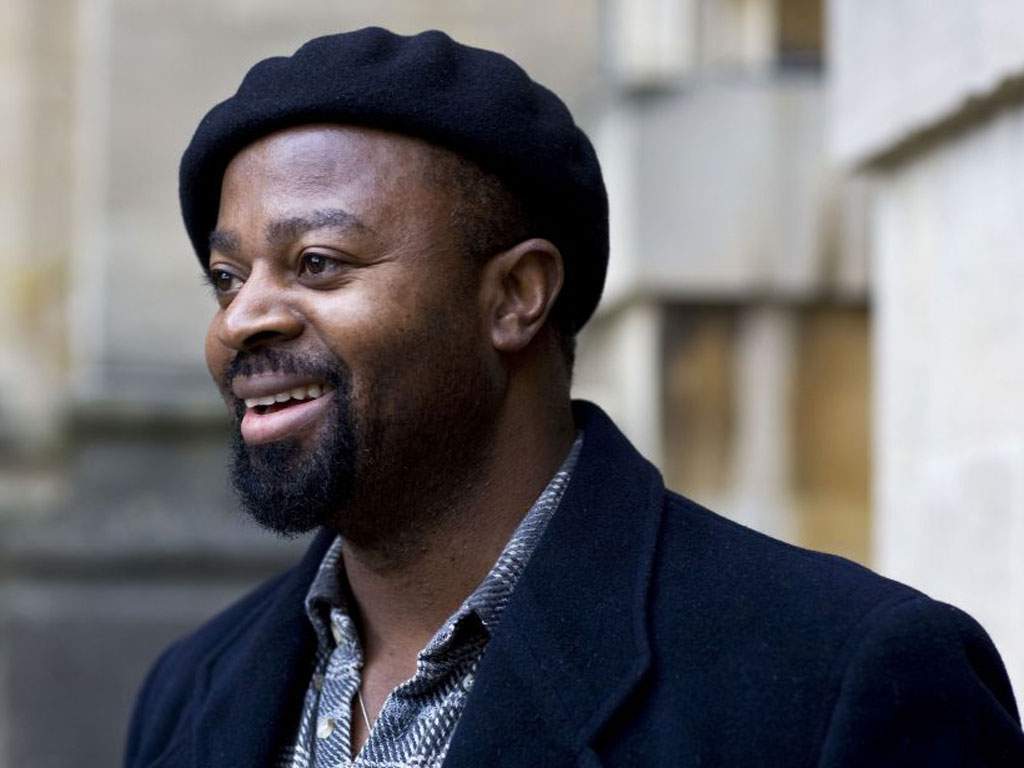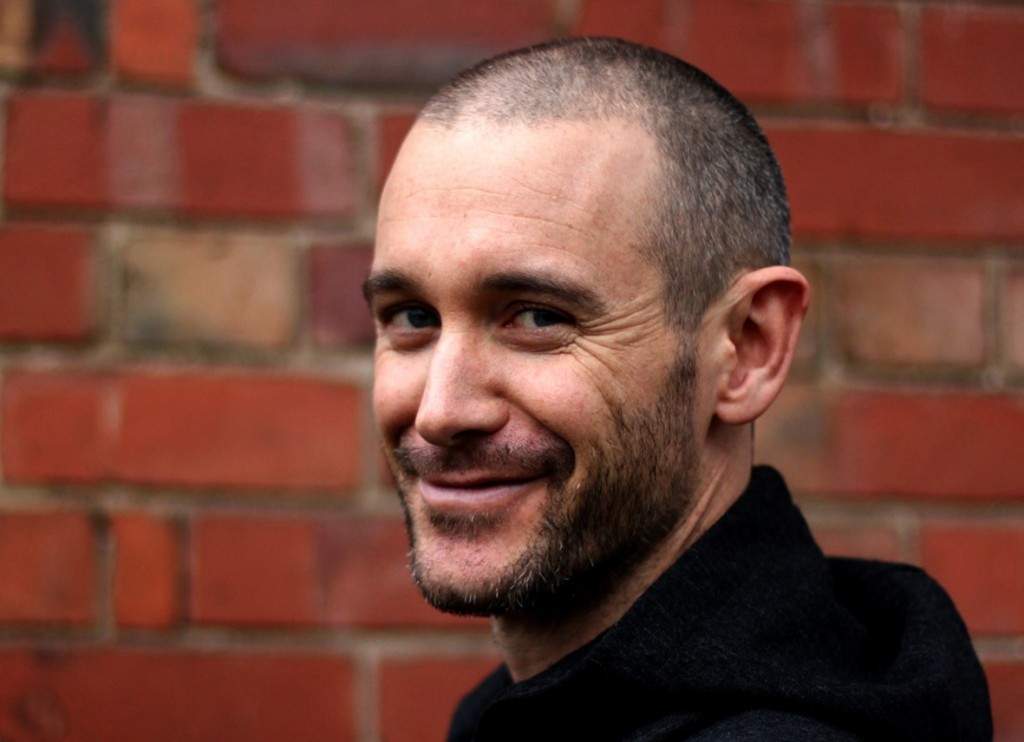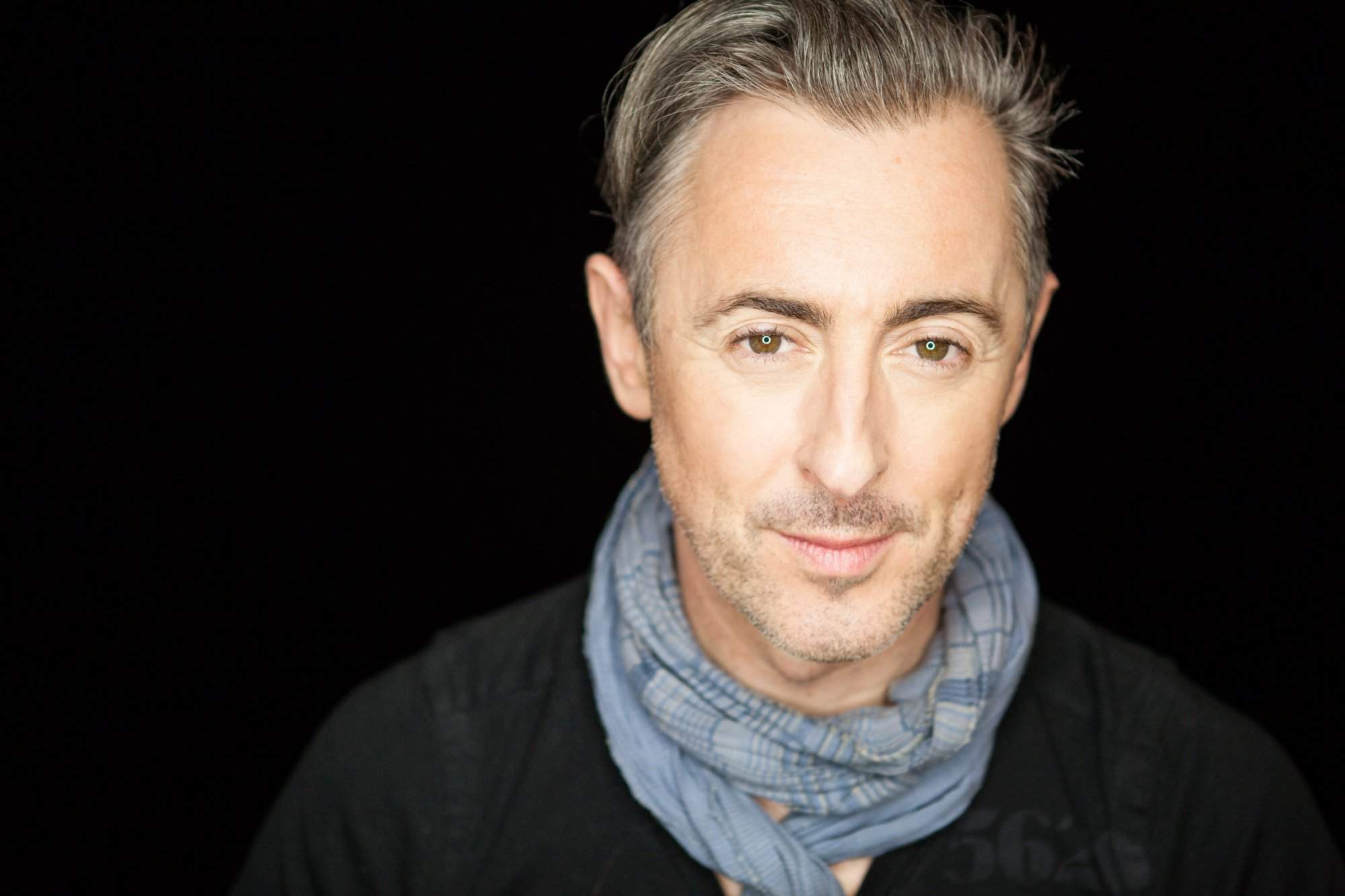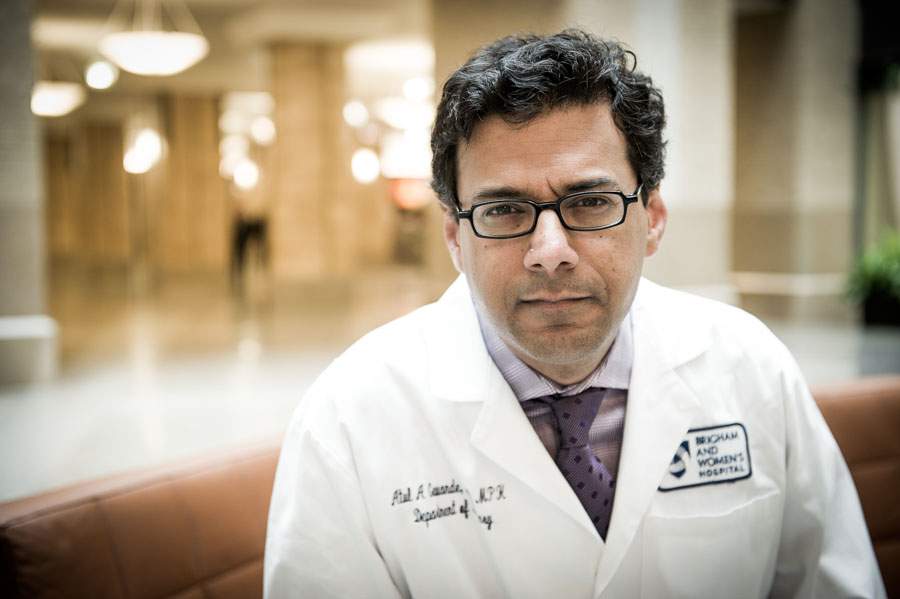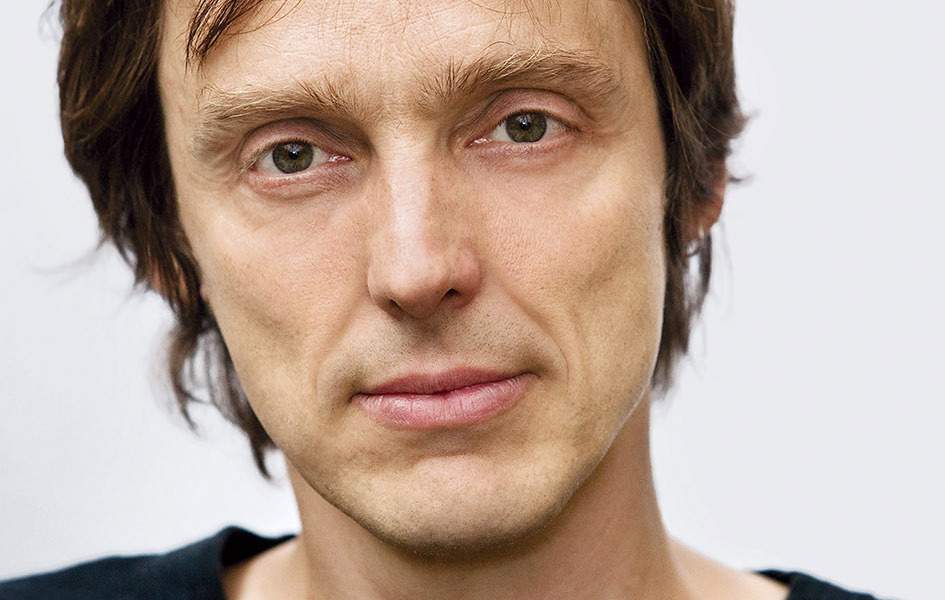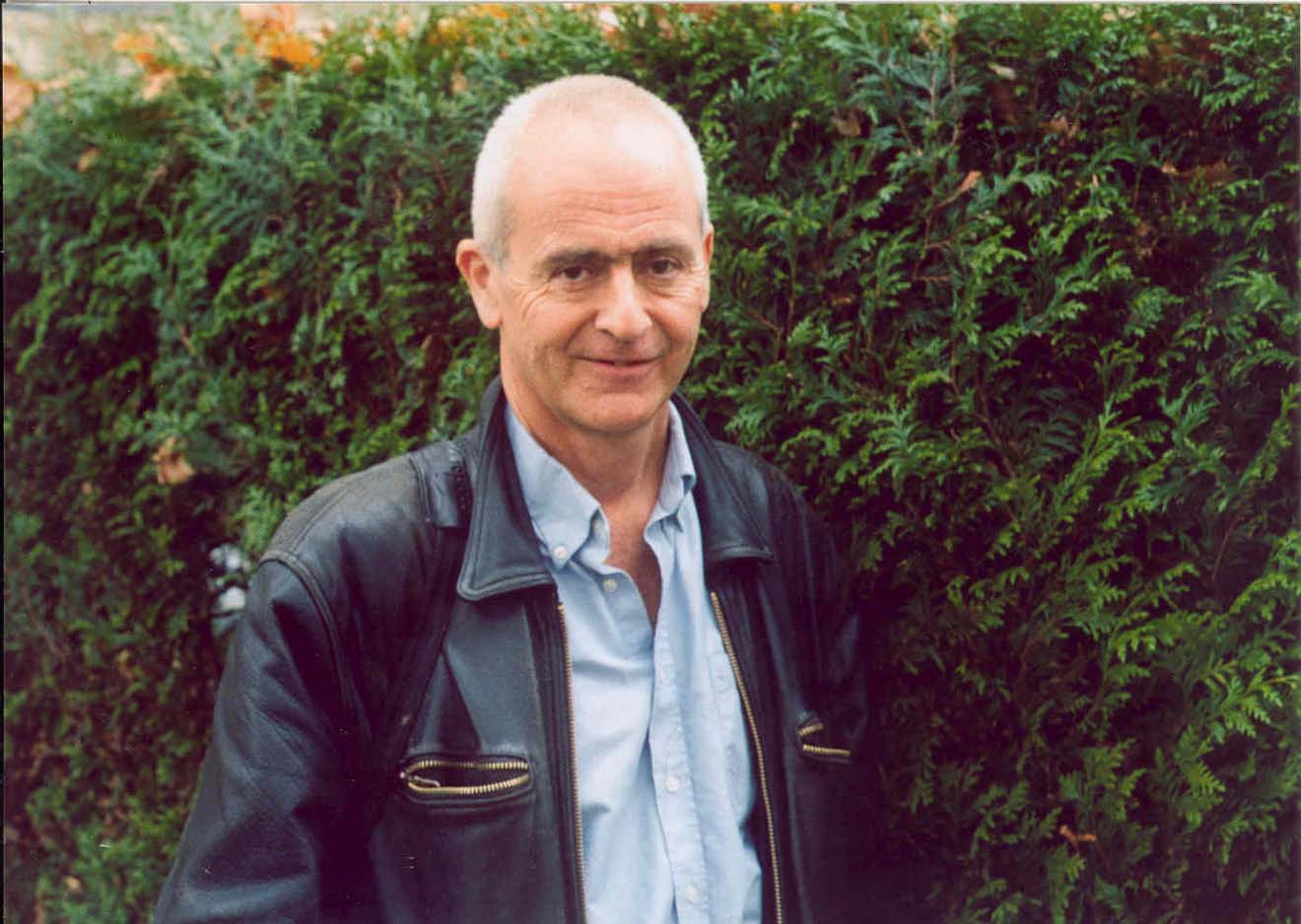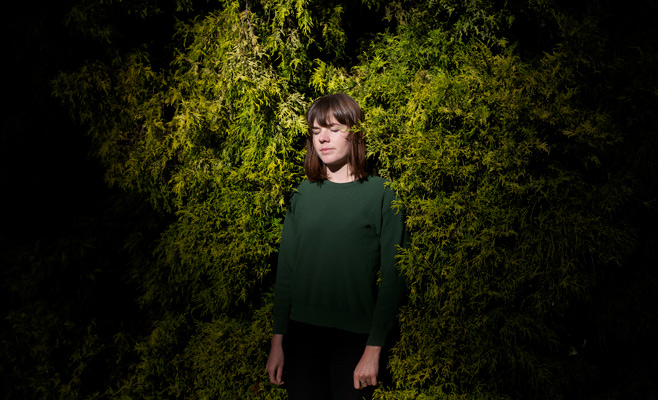Brilliant Advice, Lessons and Revelations from the Auckland Writers Festival
Another year of the Auckland Writers Festival has wrapped up. The festival was filled to the brim with insightful talks, inspirational anecdotes and some philosophical questions we feel may take a while to think through. For those who couldn't make it, we've rounded up our favourite morsels of brain cereal for you to enjoy.

You Don't Need a 'Muse' to Be Inspired
Tiny Ruin's songwriter and founder Holly Fullbrook is a talented musican with an impressive career. She has worked with Liam Finn, collaborated with David Lynch, and toured with a long list of seriously talented bands. Speaking at the Auckland Writers Festival she detailed the many sources of inspiration that she draws on to inform her songwriting. Included in the list are newspaper articles, her relationship, nature and literature. Her song 'Straw into Gold' was inspired by a C.K. Stead poem that appeared in a book of the same name. The poem in question features at the end of the book and is about the poet being abandoned by their muse. Fullbrook turned this concept around and wrote a song "about making the most of what you have" and drawing inspiration from everything around you to feed yourself artistically, and create something beautiful.
Rose Archer

The Internet is Killing Newspapers and Journalism But It'll Be Okay (For Some)
Nick Davies is an investigative journalist that writes for the third largest online media publication in the world, The Guardian. In his talk 'Hack Attack' he explored the idea of good journalism being killed off ("There's no guarantee for journalism to exist"), and exactly what's killing it.
Lo and behold, the internet is the key culprit: turning readers into entitled consumers who refuse to pay for stories - and in turn causing budgets cuts which in turn cut resources to find stories; the problem is aggravated further by parasitical websites which merely recycle news which was hard-earned by other journalists. Bleak, eh.
Interestingly, despite the prophecies of doom, Davies thinks it's going to be okay. It's going to be hard, but it's going to be okay (for some). He sees the future of journalism in its past: media publications that revert back to long form and deeper, more investigative pieces now have a competitive advantage. He stated that The Guardian's 6,000-word articles may only attract and retain about 3 to 6% of its readers, but these readers form a loyal band of recurring customers who eagerly pay for subscriptions. He also thinks that media publications which supersede merely reporting the news (and recycling press releases), and instead explain happenings in a unique way have an extra point of difference. "The best thing journos can do is to never rewrite press releases. They should only create original work. If you need press releases for content just the print the bloody thing as it is - don't waste your time." Investigative journalism is also a key feature in The Guardian's wheelhouse - Davies stating that without it no truly unique stories can surface, and the whole purpose of journalism would be undermined.
Laetitia Laubscher

A Spartan Workout Regime Could Actually Make You a Better Writer
Haruki Murakami was this year's literary giant at the Writers Festival. He first came to international prominence with his best-seller Norwegian Wood - a tragic and permeating love story. The defining themes of his books are staggering loneliness and isolation, and the use of a distinctive and unique magical realism. He is adored by fans and critics the world over and his work has received many awards including the World Fantasy Award (2006), the Franz Kafka Prize (2006) and the Jerusalem Prize (2009). For Murakami, the secret of writing is exercise. Writing is difficult and strenuous work, and as Murakami pointed out"'if you are not strong enough you cannot write for five hours every day". In his writing, this process involves going down into the depths of the subconscious, in order to access the dark and repressed aspects of human nature. Murakami supports this process by running very, very long distances every day (he often competes in marathons and sometimes ultramarathons as well), and advises any writer to do the same.
Rose Archer

You May Realise That You Want to Be a Writer After Seeing Your Face Blown Up on 20-Foot Poster at a Writers Festival
Melbourne-based New Zealand fiction writer Nic Low didn't quite have the most conventional start to his writing career. After being appointed in an administrative role of the Creative Writing department at the University of Melbourne, Low had the chance to voyage along with writers in residence to various conferences and writers festivals. "It was all the perks of being a critically acclaimed writer without actually being one", he said at the New Zealand Listener Gala Night. However, due to some strange mix up of photos at a conference in Seoul (Low having sent in photos of himself and all his writers speaking at the event for ID purposes), Low arrived at the festival and found himself greeted by a 20-foot banner of his face next to that of other famous writers like Ben Okri (see above). Seeing the banner triggered within him a state of 'fraudesence'. He did not tell the organisers about the confusion, realising that he secretly wished that it was actually true. So, after he got home he decided that indeed he would like to be a writer and became one.
Laetitia Laubscher

"We Need Myths in Society" - A Scientist
Philip Ball is a science writer for the New Scientist as well as a roving curious being who dedicates years-long chunks of his life at a time to researching and writing books about topics as diverse and particular as gothic architecture, the development of colour in art and water systems in China.
His topic of conversation at Friday night's 'The World Made Visible' was a little less concrete - myths and superstitions. Early on in his talk, after discussing the Medieval concept of demons and angels surrounding humans and 'causing' things to happen (a phenomena now known as gravity), Ball cited the overwhelming amount of modern-day Americans who still believe in ghosts: 42%. "Ghosts don't go away, technology just gives superstitions new places to exist", he observed, citing the increase of Internet-related folklore (remember that time when everyone passed on that viral genre of chain mail 'If-you-do-not-send-this-email-to-five-of-your-contacts-a creepy-monster-thing-will-visit-you-at-midnight-causing-you-to-die-a-painful-and-obscure-death' we all sent around about a decade ago?).
And despite all his credentials and a brain which was seriously deeply enriching to hear speak, the man thinks myths are actually okay, and that superstitions have a place in society. "We need mythical ideas to explore things we're frightened about, wonder about, dream about... myths are a way of exploring us." Thus stories like the Oedipal myth aren't meant to be contenders for the latest episode of Jerry Springer (does that even air anymore?), but is more a cloaked expression of society's fear of the sexualisation of children.
Laetitia Laubscher

"Be Open and Authentic" - A Hollywood Actor
The 50-year-old Tony award-winning, Oscar and Emmy-nominated actor Alan Cumming is a self-confessed Scottish elf trapped in a middle aged man's body (per his Twitter). He's been on Broadway, in films such as X2: X-Men United and also brought out a delightfully titled man scent called 'Cumming'. (And then a few years later, '2nd Cumming'.)
His New York Times bestselling memoir Not My Father's Son was published in 2014, and encapsulated a heartbreaking story behind the whimsical life he has lead. The book discusses his painful history of living as a child of domestic abuse, finding out his grandfather died playing Russian roulette after developing PTSD from the war AND (but wait, there's more) then finding out as an adult that he was in fact not his abusive father's son. Phewf.
As a famous actor under the limelight, he found that people only understood a slither of who he was, but that he wanted people to understand him more authentically, more holistically. "There's no shame in honesty and openness", he asserted to the crowd, crossing his legs to show off his dainty Crocs. "Everyone's always trying to make you more generic... but it's your essence that's the most important thing about you".
Laetitia Laubscher

The Value of Reading Books Isn't Really in the Reading Itself
Nigerian Booker-winning "dream logic" writer Ben Okri doesn't see books for what they are but what they do. "We tend to treat books as machines of page turning... but for me a book is about deep feeling and about triggering meditation." He noted that in his own life he mostly read only a little and then would begin to contemplate other facets of life. This, he said, was the value of reading. "A book opens up the angels and demons inside of us."
To him reading fiction is a means of becoming more alive, more aware - even if only momentarily. "The true richness of fiction is suggestive... it always hints at something else and makes the hairs in our body stand up. Great fiction writers make us sense more for a few moments - and then we leave and return to normal life."
Laetitia Laubscher

Friendship is The Closest We Come to Being Known
Zia Haider Rahman's debut novel In the Light of What we Know is a tapestry of character and metaphor that weaves together modern geopolitical issues facing Britain, Afghanistan, and Bangladesh with English literary references and the basic human struggle for love and acceptance. Listening to Rahman speak about his work - interviewed by Metro editor Simon Wilson - was a real treat.
Rahman is a man with an interesting personal history which is reflected in his work. Born in a village in Bangladesh and raised in England, Rahman developed a passion for English literature that could not be shared by his parents, neither of whom could read English. Rahman described the sensation that he was straddling two cultures, as he grew increasingly passionate about literature, eventually becoming educated as a lawyer and having a successful and varied career as a Wall Street banker, a international human rights lawyer, an anti-corruption activist in his home country Bangladesh, and now as a critically acclaimed novelist.
But alongside all of this success his upbringing, family and culture remained the same, giving him the feeling of living with two distinct cultural identities. It is possibly out of this particular struggle that Rahman developed a particularly acute awareness of what he sees as the fundamental characteristic of the human condition – the search for acceptance. In the Light of What We Known is an indictment of this condition and the ways that we seek acceptance. "While we can never really be know by another person", Rahman muses, "friendship is the closest that we get to being truly accepted. Everything else, the follies of fame or acclaim, are only really a dilution of who we really are."
Rose Archer

Even Inventions that Made the World a Better Place Can Now Cause Their Own Set of Problems
This ambitiously titled 'Ways to Change the World' session featured UK scientist Philip Ball, US surgeon Atul Gawande, NZ novelist Charlotte Grimshaw and Chinese journalist Xinran. The panel discussion tackled the state of the world, and how we might improve it.
The panel agreed that we live in a world that where advances that we have made over the last century often create more problems. Grimshaw gave the example of social media - which increases our potential for communication, yet through its design surrounds us with likeminded views, inhibiting the flow of information and ideas. Ball talked about the impact of antibiotics, which have had an undeniably positive impact on the lives of so many, yet now have us faced with superbugs that we don't know how to cure. The overwhelming message of the talk was simple, yet also extremely complicated; we need to keep searching. To help us do this Gawande advocated curiosity – he advised that "the ways in which we have been curious have been the ways that have most greatly improved our moral understanding in society." It is through curiosity that we can understand other peoples points of view, make scientific breakthroughs, and even create a more socially just society.
Rose Archer

The Concept of Privacy May One Day Belong in a Museum
Ken Auletta presented a powerful presence on stage, dressed in an elegant suit and sporting his signature expression—one eyebrow raised, accompanied by a disarming grin. He is undeniably suave. And you have to be when you rub shoulders with the most important movers and shakers of the media industry. Auletta is a well-respected journalist, with a particular focus on business and media. He has written the Annals of Communications for the New Yorker for over 20 years, he has profiled the likes of Ted Turner, Larry Page and Sergey Brin, Bill Gates and Robert Murdoch (of whom he is not much of a fan). In a addition to this, and a long list of other achievements, he has written eleven books, the latest being Googled: The End of the World as We Know It.
Ken Auletta's conversation with Shane Curry was largely concerned with this last book, the power of Facebook and the future of newspapers. He spoke about the extent of the influence Google has had on the media landscape, sprinkling the facts with a couple of anecdotes from the three years he spent collecting material for his book at Google HQ. "I liken it to visiting other planets," he chuckled. He observed that engineers are antisocial creatures, who would benefit from lifting their heads above the digital fields of metadata once in a while. Privacy is a growing concern for the public, and rightfully so, and Google is being pressured by government to release information on the one hand, and to up the security for the sake of citizens' privacy on the other. It's really quite a pickle.
Quality investigative journalism plays an integral role in informing the public about important issues that affect our lives, like government spying, as we saw in Glenn Greenwald's reporting on Edward Snowden. It facilitates the practice of democracy and good citizenship. However, the future of journalism sits in a precarious space, with newspapers going digital to maintain and expand readership, but still receiving 90% of revenue from print. And print revenue is diminishing each year. Online, click-happy readers tend to skip over international news and go straight to sensationalised drama. As Auletta says, when "people with the green eye," calling the shots, see this, "they are going to say 'Give us more Kim Karadashian.' " In the end, even Ken Auletta doesn't have a clear vision of what is to come for mass media in the coming years. There has been some hope for quality journalism in the form of funded non-profits like Propublic. One thing he is sure about though is Twitter, one media channel he hasn't graced with his presence since 2009. As Auletta explains, "I can't clear my throat in 149 characters."
Anna Tokareva

